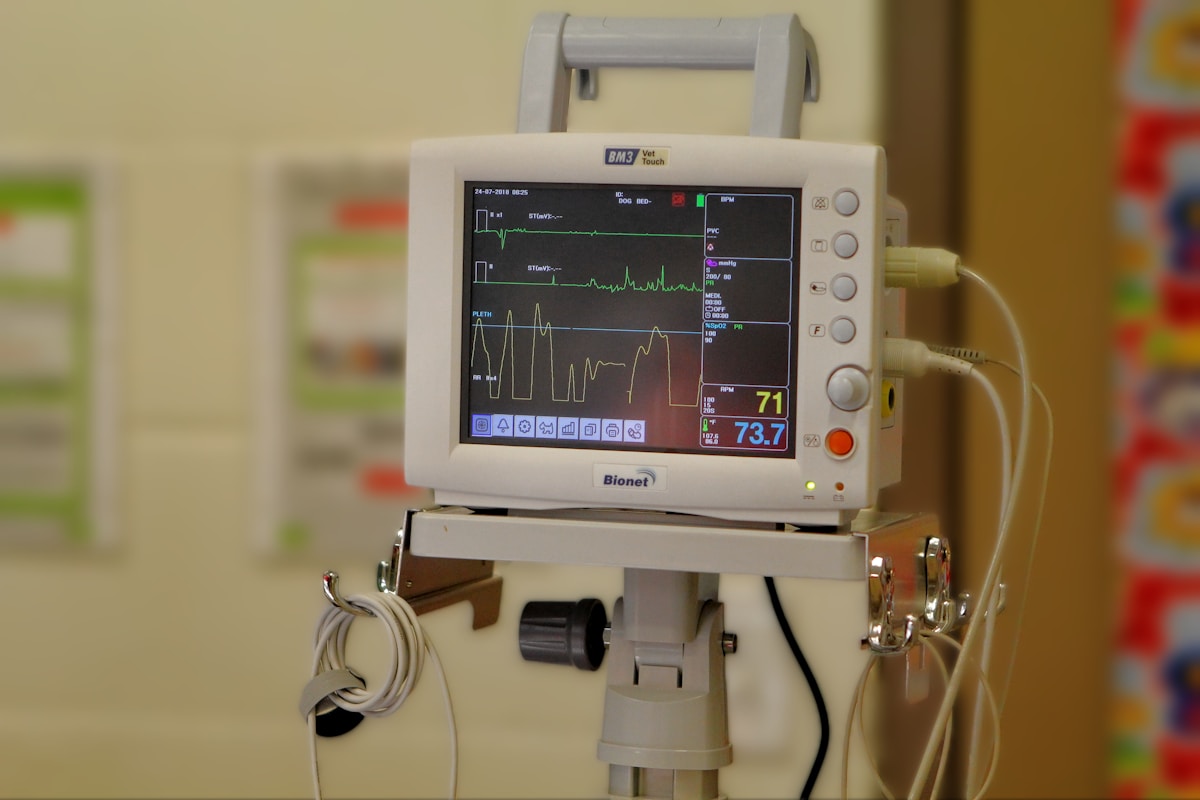Back to Industry News
General
Forbes:
Summary generated with AI, editor-reviewed
Heartspace News Desk
•Source: Forbes

Photo by Judy Beth Morris on Unsplash
Stay updated on stories like this
Key takeaways
- In a recent Forbes article, Avik Pal, Founder and CEO of CliniOps, emphasizes the growing significance of electronic patient-reported outcomes (ePROs) in contemporary clinical trials
- He underscores a fundamental shift toward patient-centered outcomes, contrasting this with the historical focus on purely clinical endpoints, which often marginalized patients' daily experiences
- The experiences of public figures like Michael J
In a recent Forbes article, Avik Pal, Founder and CEO of CliniOps, emphasizes the growing significance of electronic patient-reported outcomes (ePROs) in contemporary clinical trials. He underscores a fundamental shift toward patient-centered outcomes, contrasting this with the historical focus on purely clinical endpoints, which often marginalized patients' daily experiences. The experiences of public figures like Michael J. Fox and Stephen Hawking have raised societal awareness of chronic disease realities, highlighting the discrepancy between traditional trial metrics and patients' lived experiences.
The article posits that traditional clinical trial approaches often left patients feeling disconnected, negatively impacting trial retention. The increasing recognition of the patient perspective is driving greater emphasis on improvements in daily functioning, overall comfort, and emotional well-being. Capturing these real-time insights directly from patients is becoming a cornerstone of patient-centered research.
ePRO systems are enabling this transformation by allowing patients to report their experiences remotely via smartphones or tablets, eliminating the constraints of scheduled clinic visits. Pal argues that scaling this technology across large clinical trial populations has the potential to revolutionize data quality, trial efficiency, and patient inclusion. He concludes that patient engagement tools, such as digital diaries and mobile surveys, directly improve patient retention and enhance trial outcomes, signifying a crucial step toward more inclusive and effective clinical research.
Related Topics
clinical trialsePROpatient-reported outcomeshealthcarepatient engagementdigital healthCliniOps
Never miss stories like this